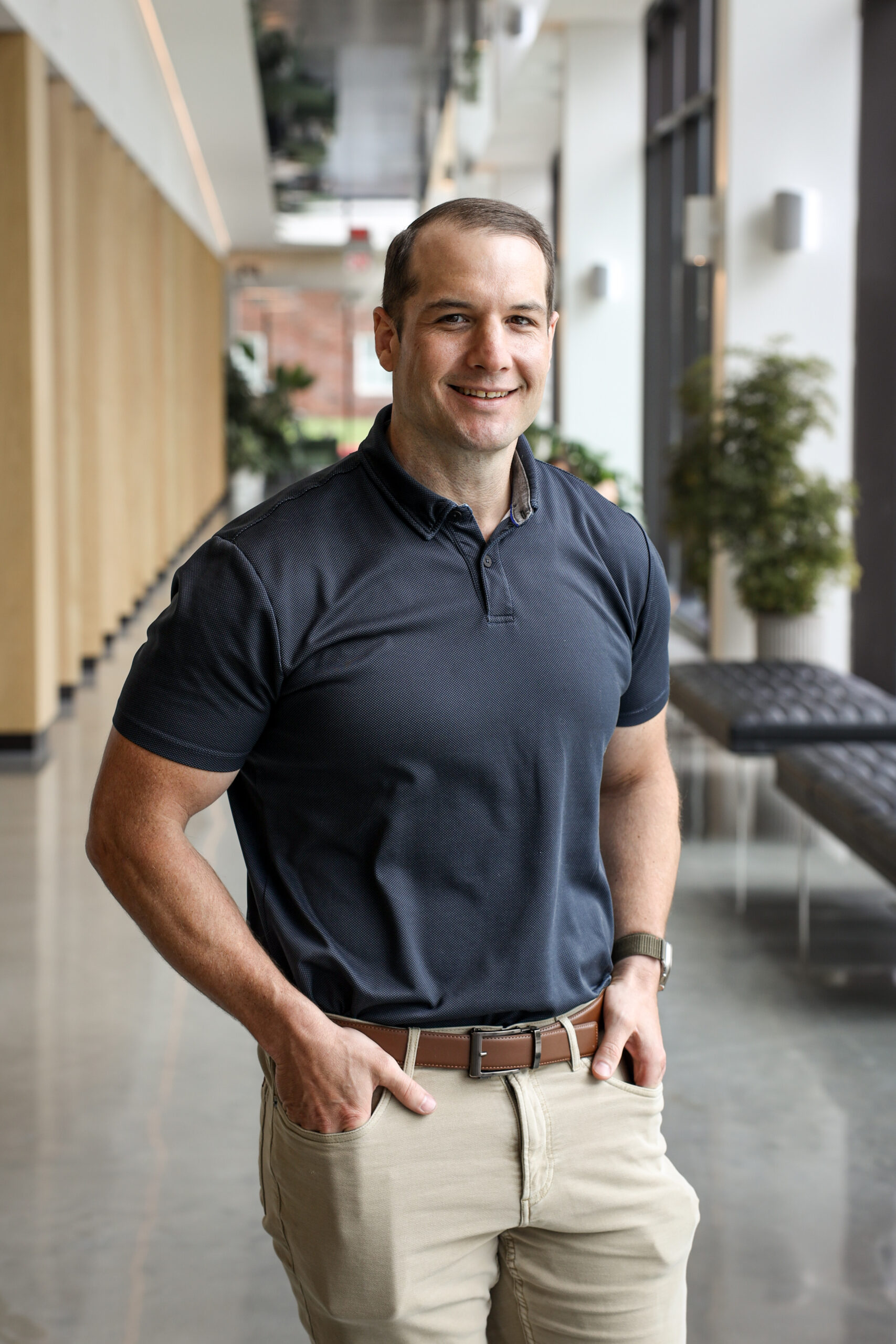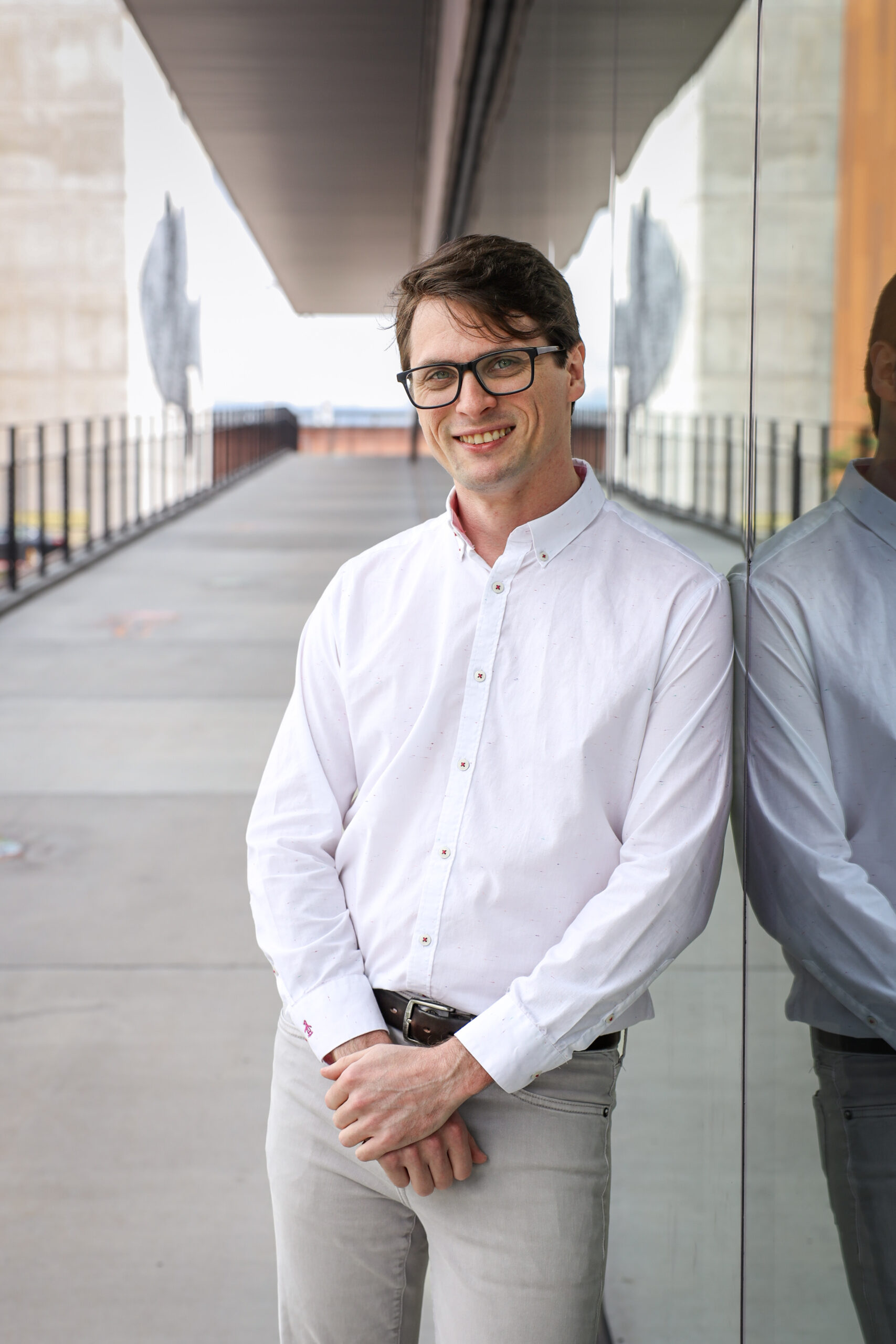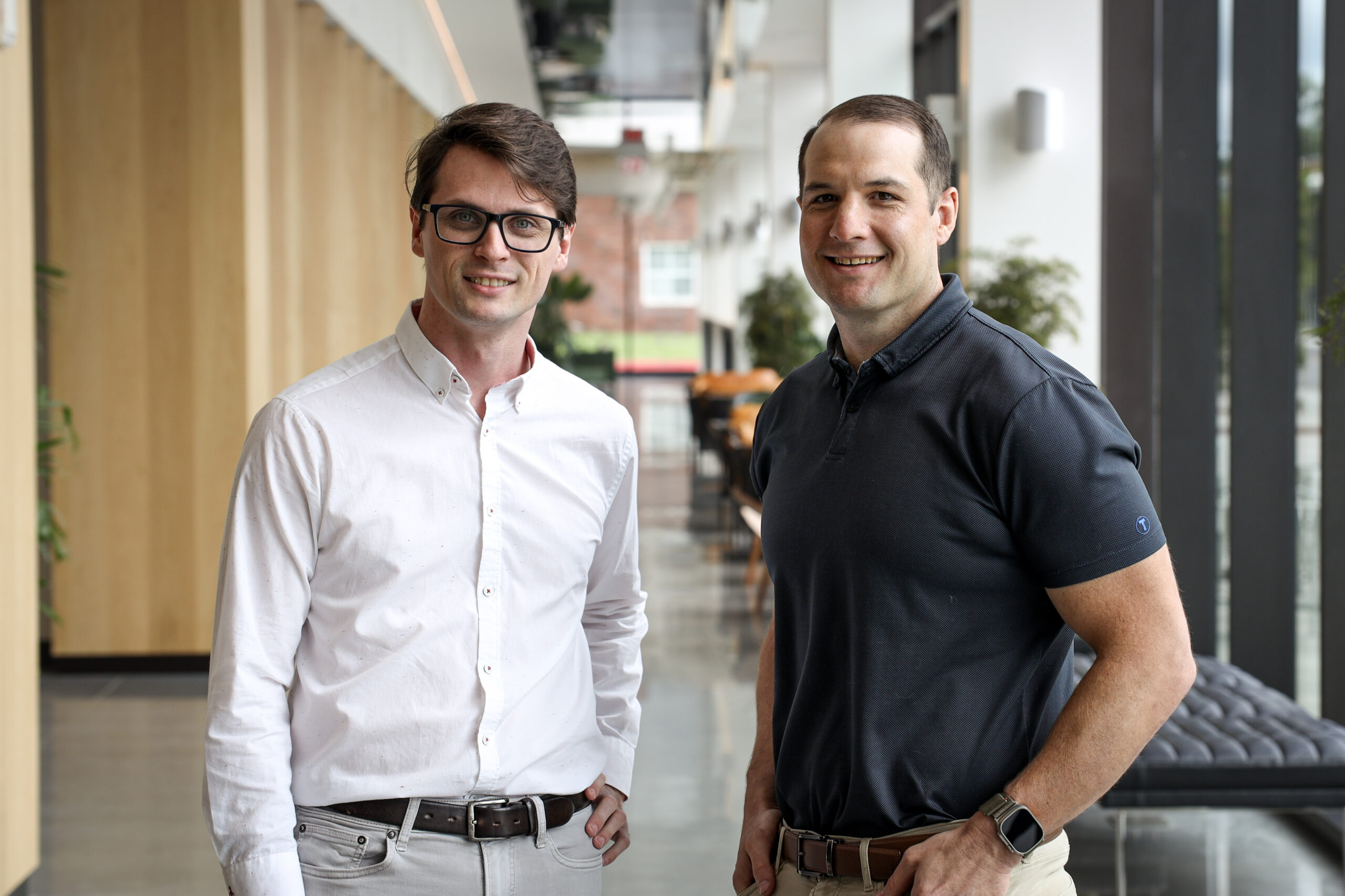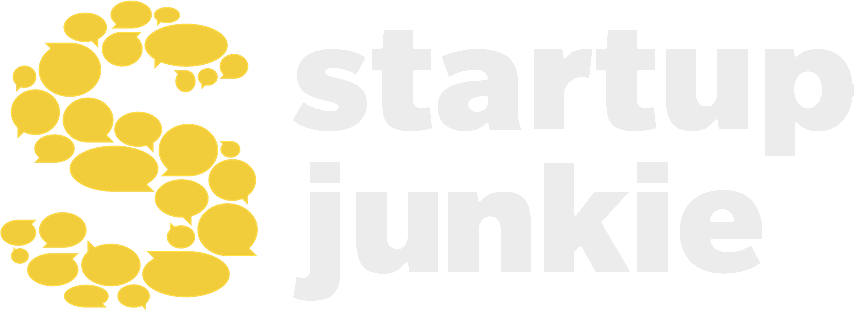Democratizing justice in Social Security disability claims.
In the heart of Northwest Arkansas, a groundbreaking legal tech startup is changing the landscape of Social Security disability claims. LexMed, founded by Nick Coleman and joined by Phillip Cannon, is leveraging cutting-edge AI technology to streamline the often complicated and time-consuming process of disability claims.
The Genesis of LexMed

Nick Coleman
Nick has deep roots in the legal profession. Growing up in the Arkansa Delta town of Blytheville, Nick was first introduced to practicing law by his father, a local trial attorney. This early exposure laid the foundation for his own future as an attorney.
After law school, Nick decided to settle in Northwest Arkansas, drawn by the area’s natural beauty and outdoor activities. His legal career took a significant turn when he joined a large volume Social Security disability practice in 2012.
“I handled anywhere from 200 to 300 cases a year and traveled all around Arkansas,” he recalled. “I’d spend 40,000 miles each year on my car.” This intense workload provided Nick with extensive exposure to Social Security disability cases, allowing him to develop a particular expertise in the field, especially in appellate work.
As Nick gained experience in the field of Social Security disability law, he began to recognize significant inefficiencies in the process. The sheer volume of medical evidence that needs to be reviewed for each case, coupled with the complexities of navigating the Social Security Administration’s bureaucracy, creates a challenging environment for attorneys and their clients.
“You’re dealing with the bureaucratic nightmare, which is the Social Security Administration. Everything about it is really complicated—everything about the process, from communicating with the agency to working with your clients and getting the critical information you need to effectively advocate for them. It’s just chaotic,” Nick explained.
One of the most time-consuming aspects of disability cases is reviewing extensive medical records. Nick described the traditional process: “Think of a 2,000 page medical record. It takes hours to review. And the current way of getting through it is ‘Control F’ looking for words like restricted range of motion, abnormal gait. And so we first wanted to find a way to pull all this critical information and match it.”
Another significant pain point for attorneys is the need to review audio recordings of hearings. These recordings are often lengthy and filled with repetitive questions, making them a tedious task for attorneys to review, especially after a long day of multiple hearings. Some firms handle anywhere from 25 to 30 hearings each month.
Recognizing these challenges, Nick saw an opportunity to leverage technology to streamline the process. Initially, LexMed focused on developing a system to efficiently review medical records and match critical information to relevant regulations. However, they soon pivoted to address another pressing need: transcribing and analyzing hearing recordings.
LexMed’s innovative solution uses AI and natural language processing to quickly transcribe hearing recordings and provide attorneys with a searchable, written record of the proceedings. But they didn’t stop there.
“We’re taking it a step further where we’ll have an audit program that comes with the transcript and gives you the critical pieces of evidence that you need,” he explained. “If you do a post-hearing objection right after the hearing, you can send it to the judge, ‘Hey, this happened at the hearing. The expert’s testimony is not consistent with these resources.’ You build the record for the appeal and it gives you a better chance of success.”
This advanced feature not only saves attorneys time but also enhances their ability to advocate for their clients by quickly identifying inconsistencies or errors in expert testimony.
The Technological Backbone: Phillip Cannon on Joining LexMed

Phillip Cannon
While Nick brings the legal expertise and vision to LexMed, the technological know-how comes from Phillip Cannon. Phillip, who grew up in central Arkansas, found his passion for computer science while studying engineering at the University of Arkansas in Fayetteville.
“I ended up taking computer science as elective and loved it so much that I just went the rest of the way through with that,” Phillip shared. His background includes working for various startups in the area, including a medical software company and SupplyPike. This experience provided him with valuable insights into modern web development and the startup ecosystem.
Phillip’s journey to LexMed was serendipitous. He explained, “I got connected to Nick through his wife, Kelsey. She was a coworker of mine at Ox, and she told me that Nick was working on some really cool AI stuff, and I’d been looking for something like that.” This connection came at a perfect time, as Phillip had recently decided to pursue AI full-time, recognizing the paradigm shift occurring in the tech world.
The ARise Program and Doing Business in Arkansas
Nick’s early conversations with mentors like Jeff and Brett Amerine from Startup Junkie helped shape the direction of LexMed. They believed LexMed would be a great candidate for the new ARise program.
ARise, which stands for Arkansas Innovators, Startups and Entrepreneurs, supports tech and tech-enabled startups in Arkansas by connecting them with coaching, consulting, and resources across the state to successfully grow their business.
Both Nick and Phillip are passionate about building their business in Arkansas. They see the state, particularly Northwest Arkansas, as fertile ground for technology startups.
“The support for startups and entrepreneurs is growing, especially in Northwest Arkansas,” he observed. “I’ve seen it. There’s a lot of community support. The state of Arkansas is going to continue growing. And along with that, its technological presence is going to keep growing.”
Arkansas’ unique position as a state with one of the highest per capita disability recipient populations also makes it an ideal location for LexMed. Nick saw this as an opportunity for their technology to make a significant impact: “I think we’ll ultimately help the state. I think that’s one piece of the puzzle, how a program like this doesn’t just help Social Security claimants, but specifically Social Security claimants in the state of Arkansas.”
A Personal Mission
For Nick, LexMed’s mission is deeply personal. He shared a poignant story about his mother, who suffered from a debilitating muscular degenerative condition and was a recipient of Social Security disability benefits. This experience opened his eyes to the disparities in access to resources for disability claimants.
“One of the reasons she was able to get access to benefits fairly quickly was because my dad’s an attorney, and she had resources available to her that many other people do not have,” Nick reflected. “I want everybody to have access to a zealous advocate who can help them and equal the playing field so that everybody has access to resources in times of need.”
The Future of LexMed
As LexMed continues to grow and refine its technology, the team remains committed to their mission of democratizing justice in the realm of Social Security disability claims. Their innovative use of AI and natural language processing is not just about creating efficiencies for attorneys; it’s about ensuring that every claimant, regardless of their resources, has the best possible chance at receiving the benefits they deserve.
The startup is currently working with law firms throughout Arkansas as beta testers and early adopters, helping to iron out any kinks in the system. As they perfect their technology and expand their reach, LexMed has the potential to revolutionize how disability claims are handled across the country.
LexMed represents the exciting intersection of legal expertise, cutting-edge technology, and a deep-seated commitment to social justice. By addressing the pain points in the Social Security disability claims process, Nick and Phillipare not only building a successful startup, they’re also working to create a more equitable legal system for all. As they continue to grow and innovate in the heart of Arkansas, LexMed stands as a shining example of how technology can be harnessed to solve real-world problems and make a meaningful difference in people’s lives.

